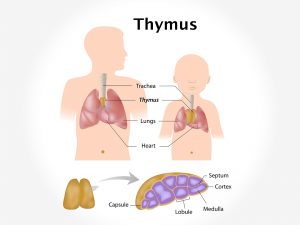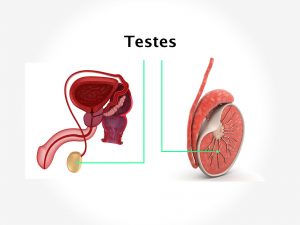Causative & risk factors
Mesothelioma is caused by chronic exposure to asbestos. Asbestos is used as an insulator and fire retardant. It is widely used in mining and milling industries, construction, and fireproofing. Inhalation of asbestos fibers causes pleural asbestosis, while its ingestion causes peritoneal asbestosis. The exact cause of pericardial asbestosis is not clear, but it is believed to be due to spread through the bloodstream.
Smokers and those who have been exposed to radiation are at a higher risk of developing malignant mesothelioma. Mesothelioma can also occur due to indirect asbestos exposure i.e. coming in frequent contact with people who are exposed to asbestos.
Clinical presentation
The time between exposure to asbestos and development of mesothelioma is very wide, usually a few decades. The symptoms will depend upon which part of the mesothelium is affected.
Those with pleural mesothelioma develop symptoms such as chest pain, breathlessness and a persistent cough (sometimes blood stained). Other non-specific symptoms include fever, myalgia, fatigue, hoarseness, dysphagia, facial edema etc.
Peritoneal mesothelioma can give rise to symptoms like abdominal pain, nausea, vomiting, weight loss and ascites.
Pericardial mesothelioma gives rise to chest pain and breathlessness.
Investigations
Malignant mesothelioma is a difficult condition to diagnose, since the symptoms can easily be attributed to other conditions. Patient history is an important aspect to determine the risk of asbestos exposure in the past.
Imaging scans such as X-rays, ultrasound, CT or MRI of the chest or abdomen must be performed.
If imaging scans are suggestive of mesothelioma, the confirmation of the diagnosis can be achieved by performing a biopsy of the affected part.
Treatment
Since a mesothelioma is usually fairly advanced at the time of diagnosis, it can usually not be cured. Palliation can be achieved by a combination of surgery, radiation therapy and chemotherapy.
Chemotherapy is the most preferred mode of treatment.
The outlook for mesothelioma is poor, with the average lifespan of about 1 year after diagnosis.
Recent updates
Research is underway to explore other treatment options for patients of mesothelioma; such as gene therapy, phototherapy and immunotherapy.






























